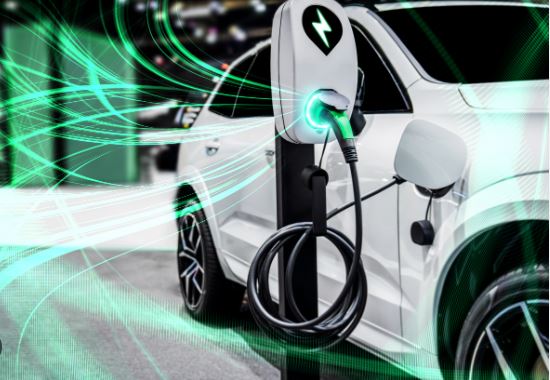The general landscape of the automobile business in India has undergone substantial change as a result of the growing popularity of electric vehicles among the general public and large corporations in the post-pandemic world. People who understand how we can all work together to develop a more sustainable transportation option have been motivated to invest in electric automobiles. In particular, over the past two years, EV sales have grown in India.
Additionally, India aspires to become a global leader in the electric vehicle industry. As a result of multiple big manufacturers and EV start-ups investing a lot of time and money into creating electric vehicles over the past five years, the penetration of BEVs has increased significantly.
The India Electric Vehicle Market is expected to grow at an astonishing CAGR of over 44% to reach USD 47 billion by 2026 from its current market size of USD 5 billion. (2021 – 2026).
Numerous government programs and policies are promoting the expansion of the EV industry. The government has also provided a number of incentives to both consumers and producers in an effort to promote the EV industry. Along with the general public, corporations and governments are showing an increasing amount of interest in EVs. E-commerce enterprises are beginning to use e-Mobility for last-mile deliveries in an effort to reduce their carbon footprint.
As part of its e-Mobility public transportation program, the Government of India and several other state governments have installed electric intercity buses in numerous major cities. The largest untapped market in the world, especially for electric two-wheelers, is India. The market is expected to expand throughout the forecast period since this industry is open to 100% foreign direct investment via the automated method. With this, the sector has a positive outlook for 2023 and sees interesting potential.
Going forward with the EV industry
In India, 2.2 million electric cars (EVs) are anticipated to be on the roads by 2023. This figure is then projected to increase to 3.9 million by 2024, 5.6 million by 2025, 7.5 million by 2026, and 9.1 million by the end of 2027. Sales of all EVs are anticipated to increase at a 68% CAGR through 2027. This indicates that in the upcoming years, the Indian Electric Vehicle Industry will have a robust and large market outspread.
Increased sales would increase the automotive industry as a whole’s business opportunities. This group includes producers, engineers, producers of hardware, and service providers. Additionally, independent providers from the automobile sector will now be able to access the specialized battery market.
Public charging facilities will surely rise as a vital requirement for EVs in 2023 and the years to come. More people will be motivated to establish public charging stations across the nation, which will encourage a wider audience to adopt electric automobiles. The establishment of these stations will be facilitated by government grants and lower tax rates.
Additionally, EVs will require routine maintenance and servicing just like conventional vehicles do. As a result, more businesses that specialize in serving electric vehicles will open in the upcoming year. Easy access for EV users will improve market share overall and encourage environmentally friendly business practices. This will simplify using shared bicycles and electric scooters for city outings.









